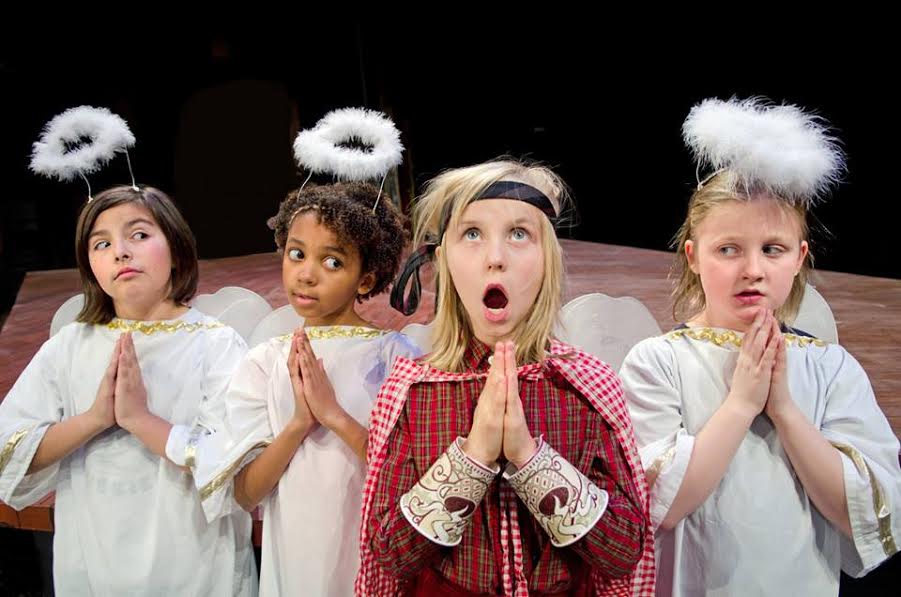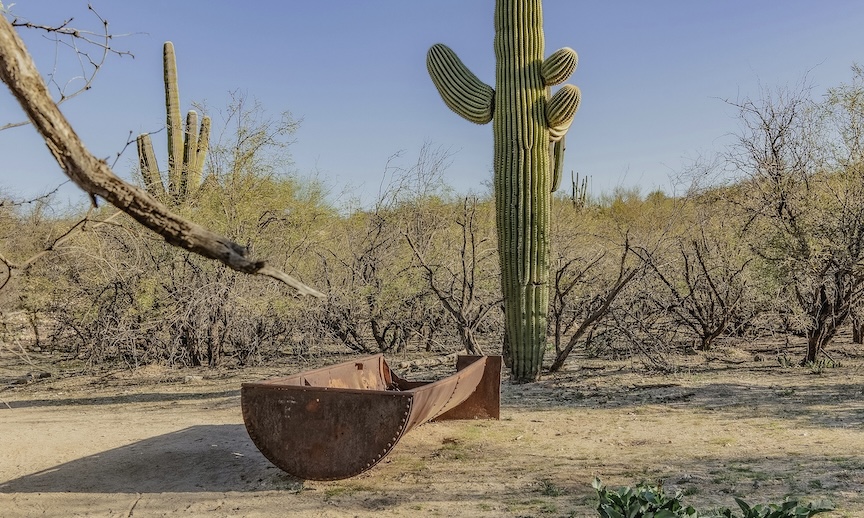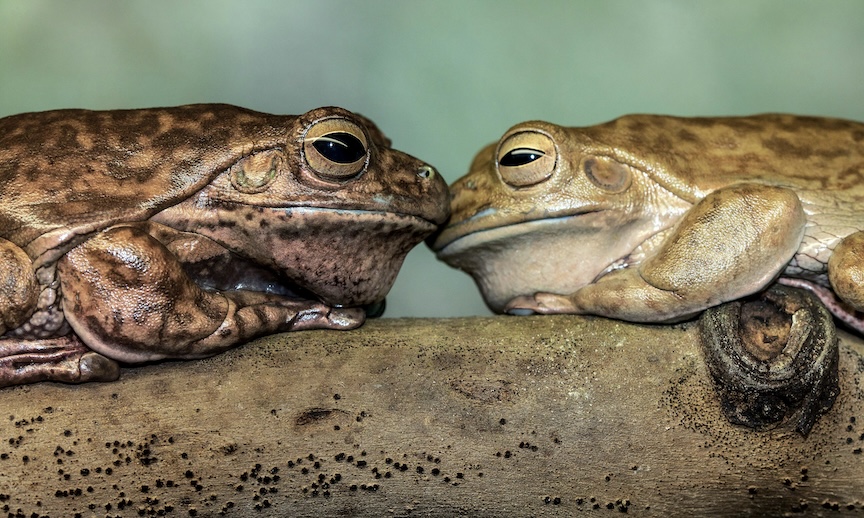CASTING CALL
A few months ago, I picked up a book of fiction by Joy Williams, called Ninety-Nine Stories of God. It is a collection of short stories, very very short stories — some only a few sentences long. They are alternately ironic, poignant, tragic, and amusing. Each glimmers with something true. They’re like poetry in that every syllable is precious, every phrase matters, every word is telling us something essential.
One of the things that struck me when I read these pieces was that even the briefest manages to include multiple different characters, hinting at a myriad of other storylines that might be followed. But they don’t get followed. Because none of these tales is an attempt to resolve or answer or contain the lives described. They’re more like snapshots, suggesting multiple narratives colliding in a moment and/or unfurling out of this moment.
Such a great title: Ninety-Nine Stories of God. The title is why I selected this book from the shelf in the first place — I find it very provocative.
In these stories of God, God isn’t a character, or even all the characters. God isn’t the situations, the pithy titles, the morals, the ideas, the feelings expressed, or the lessons gleaned. Of course I don’t know what Joy Williams was thinking when she wrote and compiled this collection, but what emerged for me was a clarity that God is the relationship between all the different elements. God is the connection, the belonging, the whole including and beyond all the parts.
I’ve been thinking about this, and realizing how different are these stories of God from the stories that I usually tell about myself and my life and all the people and things in it.
Typically when I share my story, I’ve got a fairly strong first-person perspective going on. I’m the hero or the anti-hero. I’ve got a quest or a question, a mission or a vision to pursue. And along the way, I cast everyone I encounter as players in this rom-com/soap-opera/action-adventure/musical that is my life — I’ve got love interests, villains, helpers, teachers, challengers, comic relief characters… I imagine that we all do this.
Sometimes, we do it on purpose, and it’s useful. We tell our story, sharing our particular point of view in order to make some sense of things. This is valuable and necessary, because it’s how we construct an identity and interact effectively with life.
Sometimes, however — maybe always, on some level — we do it unconsciously.
And the trouble with unconscious story-telling is that when we get caught up casting each other as stock characters, allies and antagonists, bit players and co-stars, we quickly lose sight of the fact that everyone is doing this. And we miss out on the overarching truth that each moment includes a trillion different stories, in a trillion different genres, intersecting.
The snapshot of this moment in our lives is the connection between your stories and mine. And depending on how we look at it and where we go with it, this story can include every relationship with everyone we’ve ever known or will know, every situation in which any of us has found ourselves, every ripple into every life touched. Our individual stories can — and do — go in any direction and all directions.
For me, that boundless connection — that’s God.
And when are able to remember how deeply we belong to one another, when we practice recognizing every moment as a precious opportunity to be in relationship with it all — then we become co-authors not only of our own lives but of life itself. We start telling stories of God.
I can’t wait to be with you, friends. Join me and special guest, Ramona King, this Sunday, December 16. XO, Drew
© 2018 Drew Groves




